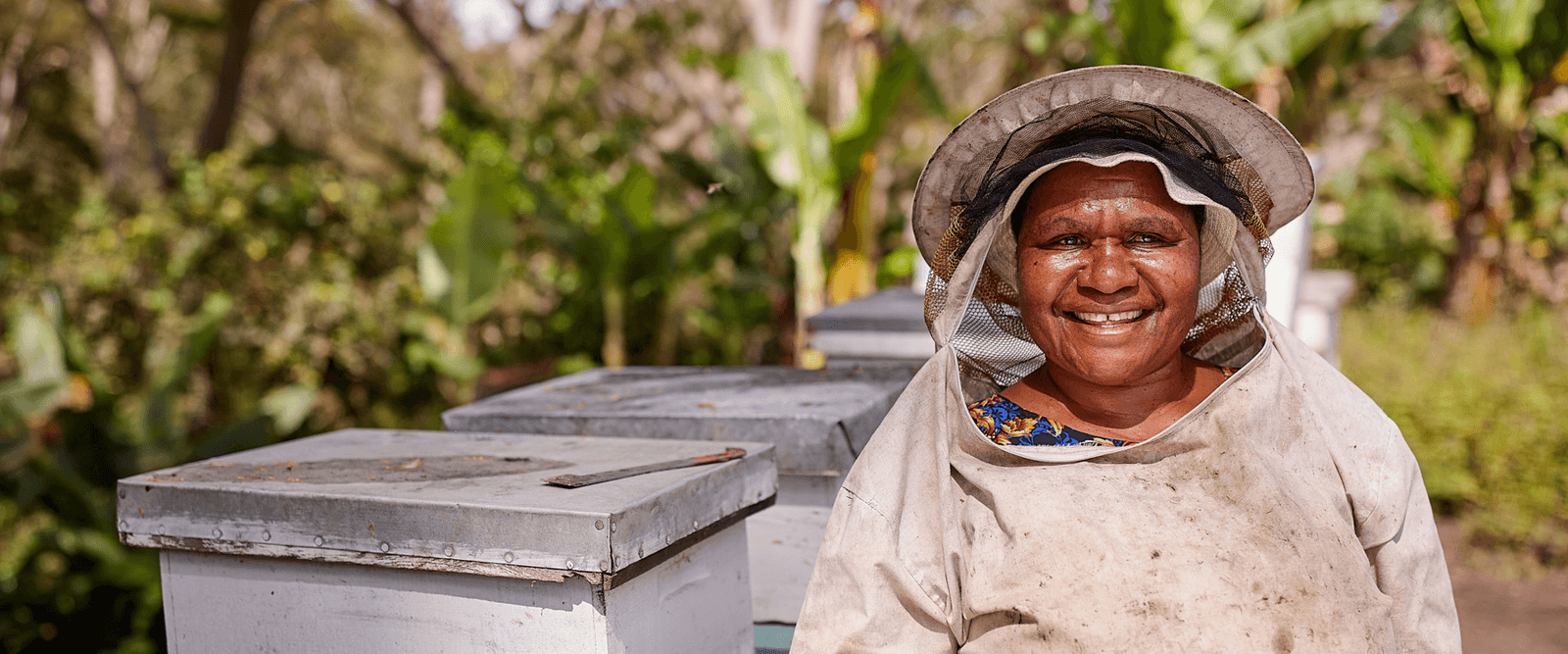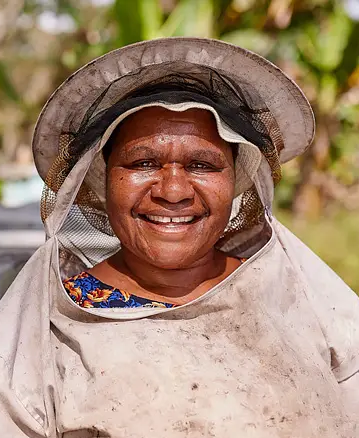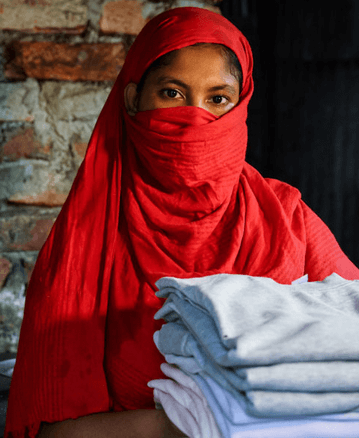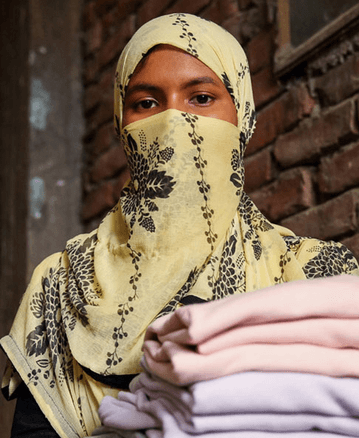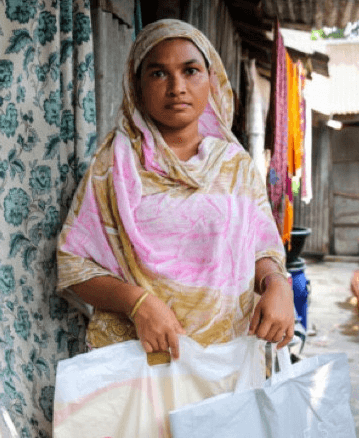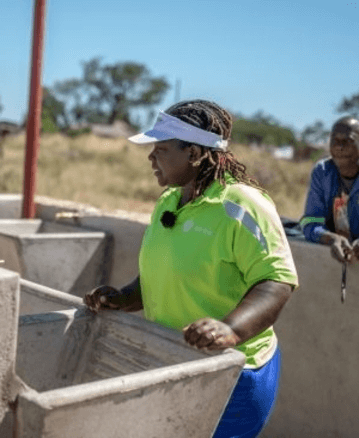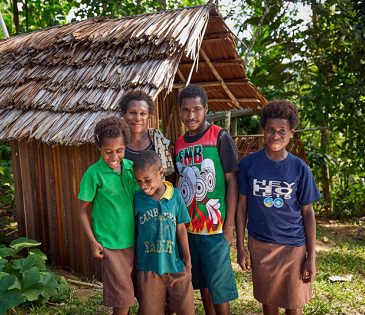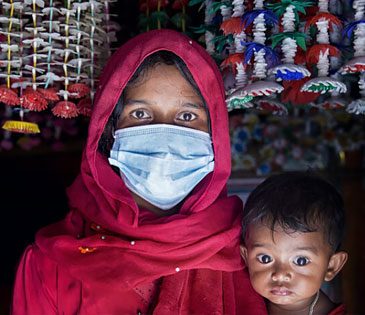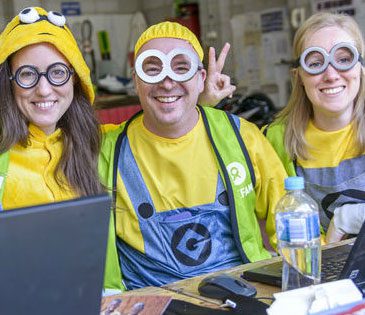The wealthiest 1% of people in the world have more than double the wealth of 6.9 billion people combined. Meanwhile, millions of people remain trapped in extreme poverty, unable to access their rights, political power and opportunities. This is not fair or sustainable.
The extreme divide between rich and poor is undermining progress against poverty, damaging economies around the globe and causing public anger and unrest, especially as climate-related disasters become more commonplace. Economic inequality is a result of deliberate policy choices that privilege the super-rich and corporations and exclude others.
That’s why, as well as empowering communities with the tools to build better lives for themselves today, we fight to remove the inequalities that keep people in poverty and build fairer and more sustainable economies for tomorrow.
What Oxfam is doing to help
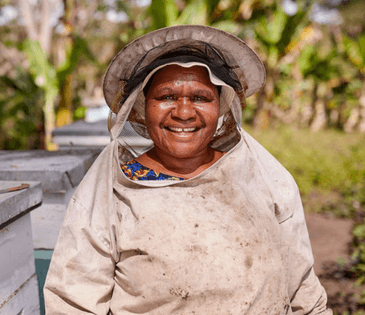
Sustainable Development
We promote inclusive, people-centred policies and equal access to resources for marginalised people.
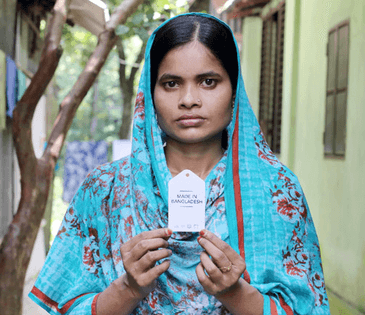
Workers Rights
Workers in developing countries are paid minimal wages and often work long hours in harsh and dangerous conditions; whilst producing some of the world’s most expensive brands.
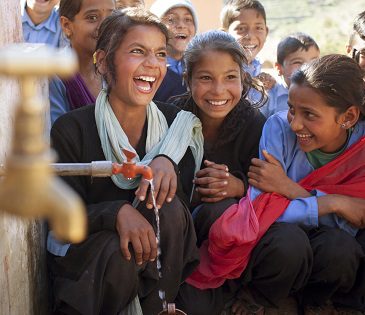
Water and Sanitation
Almost 900 million people in the world do not have access to clean water – that’s a staggering one in eight people. The good news … you can help us change this.
The impact of our work
Latest news
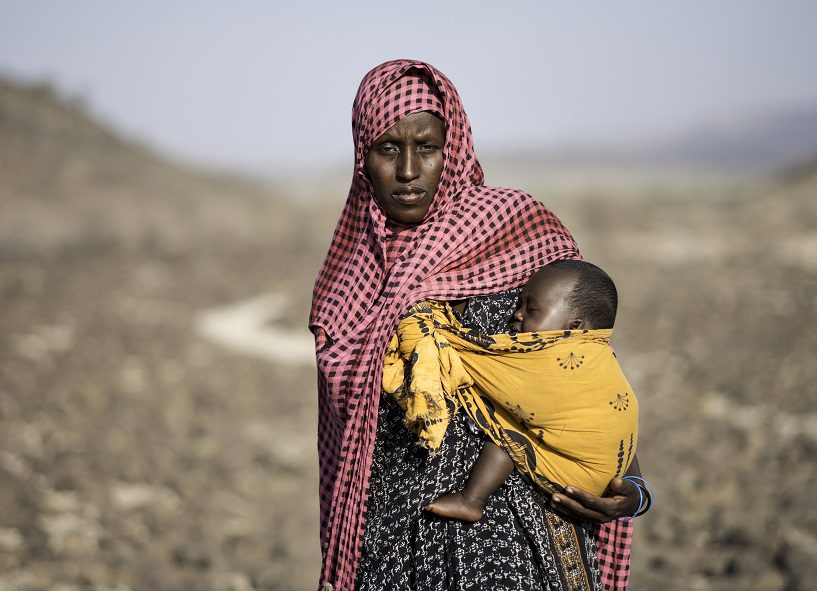
INEQUALITY REPORT
Inequality Kills
Inequality is a killer, contributing to the deaths of at least one person every four seconds. Let’s tax the super-profits of the rich and use this money on nurses, on hospitals and on vaccines — not on boosting the bank accounts of billionaires.
How can you help
Faqs
What causes inequality?
It’s a complex picture but some of the key drivers of economic inequality are:
- A shift in what’s valued in many countries – there’s been a greater financial return placed on money and assets (capital) than on work - Governments cutting the tax rates for money made on capital at the same time as people with that capital taking steps to avoid the tax they should pay
- Wages for the top earners skyrocketing while the wages of average workers barely change, and crucially;
- Individuals and firms who have the capital using their power and position to have the rules changed in their favour.
Why is inequality a problem?
The impact of extreme inequality is most keenly felt in developing countries where missing out means remaining trapped in the cycle of extreme poverty. It’s estimated that tax dodging by multinational companies costs the world’s poorest countries at least USD $100 billion every year.
Who pays the price for inequality?
All of us. Right now, Australians are seeing the direct results of economic inequality. Over the past decade the number of billionaires in Australia has tripled, while real wages have stagnated. Oxfam is committed to tackling poverty and inequality in Australia and overseas – but we have a broken economic system that is concentrating wealth in the hands of the rich and powerful.
What can we do to address inequality?
Oxfam’s inequality report shows that globally governments can exacerbate inequality by underfunding critical public services like schools and hospitals, whilst setting the lowest tax rates for companies and the super-rich have seen in decades. Just like in Australia, developing countries need tax revenue to pay for essential public services like healthcare, education and clean water for everyone. But when corporations don’t pay their fair share of tax, they make it much harder for developing countries to build stronger and healthier communities.
